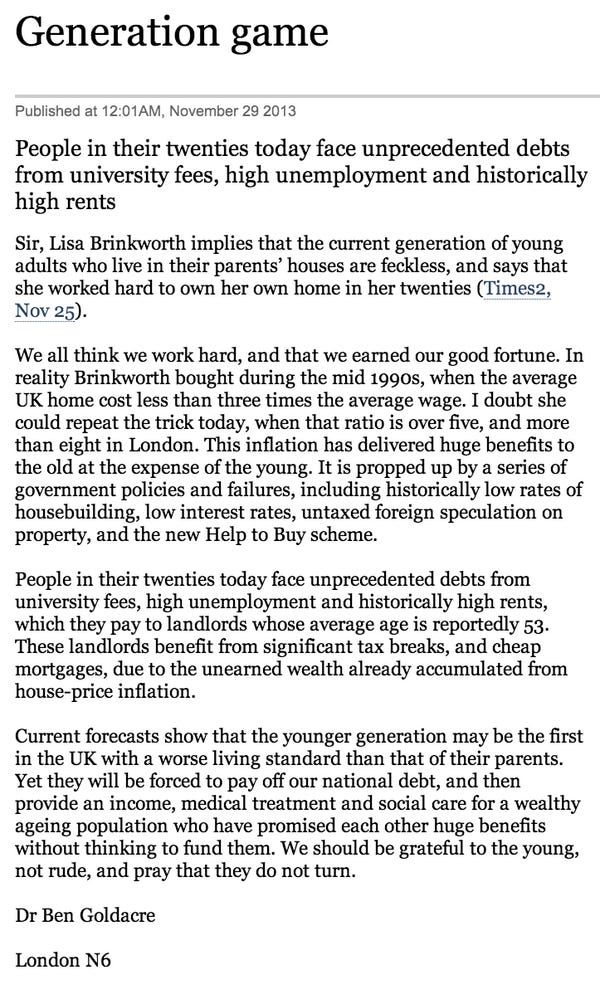Talk of Quiet Quitting shows that our relationship with our jobs is transforming
ALSO: "Men have no friends and women bear the burden”
The UK is having a gentle existential crisis about what it means to resist and revolt at work. Brits aren’t typically a rebellious nation, while societal dysfunction in neighbouring countries has seen the advent of new political movements Brits have stayed stoical about the choices offered to them, despite the fact that half of them feel the system isn’t working. No new movements or parties for us, we’re happy being miserable with the choices we’re offered.
In the aftermath of the Lionnesses’ triumph at Euro 2022, one tweet captured some sense of how Brits seem to think natural order is played out. A headline in one news outlet described the long arduous path of the team, 'They didn’t picket or ask to be included. They worked at it for years, dealt with the humiliation of being on the sidelines of the sport, of being deemed not interesting or important enough, and last night they stormed on to the pitch'. Hussein Kesvani took a moment to observe what this said of the British (English) way, ‘instead of demanding a slightly better life, you should instead work really really hard, not complain about it, and, if you are lucky enough to get credit, never ever mention that things should improve’.


Similarly, we might wonder if in the normal order of history an economy so aggressively stacked against younger people might have catalysed a revolution, a rising up against obscene inequality. As Ben Goldacre reminded us in a viral letter to The Times *9 years ago*:


In the mid-1990s the average UK home cost three times the average wage, when Goldacre tweeted it was 5 times, now it is 7 times. In London the house price/salary ratio when Goldacre wrote was eight times, now it is 11. Since Goldacre’s letter the government have also extended student loan liabilities from thirty to forty years. Not only is owning housing out of most salaries’ reach but student loans will make it even harder to dream.
Today if you find yourself in a hole, it is harder than it has been ever been to climb out of it, let alone build a house next to it.
If you click through to read the full letter to The Times Goldacre chides those older citizens who seem to blame young people for apparently not toiling as hard as them in their youth, ‘We should be grateful to the young, not rude, and pray they do not turn.’
In the face of this injustice there has been some first signs of bubbling resistance. The ‘anti-work’ movement on Reddit (link to the forum) has found an even bigger audience on TikTok through the likes of brilliant comedic voices like Scott Seiss. Yes, GenZ’s might be forced to work, but you can’t make us love it, they say. In the face of these thoughts I’ve reflected myself on the changing role of people like myself trying to help firms curate energised workplace cultures.
Striving to create good workplace culture used to feel like a noble endeavour. It played an important role in ensuring that a job felt like it was an enjoyable place to achieve things with people who soon became your friends. But for a growing group of employees they are entering the workforce aware that without parental wealth they’ve got no way to aspire to own a flat or achieve the comfort that previous generations took for granted. I grew up on a council estate in Birmingham with a father whose addictions rendered him unable to work. My infinite good fortune was being born when I was, if I was doing the same today there’s no conceivable way that I could aspire to move to London and one day own a flat. (Be in no doubt the UK has some of the worst social mobility prospects in the world).
Over the last few weeks a gentle idea has taken hold that is an expression of all of these factors, the idea of ‘Quiet Quitting’ the notion of doing the bare minimum at work. As this TikTokker describes it as ‘not outright quitting your job but… quitting the idea of going above and beyond’ while doing it:
 Tiktok failed to load.
Tiktok failed to load.Enable 3rd party cookies or use another browser
Whether Quiet Quitting was inspired by China’s ‘Lying Flat’ movement is impossible to know. Lying Flat arose in 2021 as a weary response to a culture characterised by long hours and minimal social mobility. Rather than hustling hard to make it big, workers should get their job done, show sufficient facetime to hold down their positions but also opt out of the exhausting out of hours hectoring made by stressed out bosses.
‘Could Quiet Quitting could be the answer to burnout?’ asked a Metro columnist last week. A combination of burnout, miserable prospects of life advancement and the unscrutinised working of remote work has afforded workers the scope to switch to a slower lane. I should emphasise that this isn’t exclusively the behaviour of the young. In research older workers report being the least willing to come into the office partly because they feel they can opt to work with a better balance.
I’ve witnessed some of the fall out of this with anxious bosses struggling to get team members to venture into the office for team bonding exercises, or wanting to come in on co-ordinated days of collaboration. On a seminar with a firm last week someone asked me, ‘what do you when the team don’t seem to care about working together?’ Presented with opting out of some of the BS they witness at their firms they’re discreetly taking the easy way out.
Firstly these trends demonstrate that GenZ (and others) aren’t alone in starting to reimagine their relationship with work. Work for many people is becoming more transactional, less characterised by close bonds with work besties. Apple TV this year aired a show, Severance, which felt like a Spike Jonez dissection of employment. In its dystopian reality workers debated having their identities surgically cleaved in two to separate their work selves from their real personalities. The show captured how much our lives was being captured by our jobs, and the desperate measures we might adopt to escape. The very start of the first lockdown seems a longtime ago:

For organisations it poses legitimate questions of how to build meaningful cultures. Culture needs to be considered holistically - not only a frothy topping to layer on a job it needs to be a way to reduce burnout, reward workers well and to give them scope to thrive in a role. Work shouldn’t just artificially present itself as meaningful, it needs to be honestly deliver meaning. Our relationship with work is transforming, organisations who want to create differentiated, motivated environments are going to have to think harder to achieve something special. For many stuck in old fashioned cultures dialling it in by Quiet Quitting will start to look like a reasonable alternative.
"Men have no friends and women bear the burden”
Lots of my favourite podcasts have gone on summer break, so I wanted to keep putting some episodes out.
But maybe you don't want something that is too work related in the midst of the summer, so this is an episode that is more psychology and life than workplace culture. It's a lovely discussion with Max Dickins author of 'Billy No Mates'. It’s not just a discussion for men, about how men over the age of thirty start shedding friends, it’s also relevant to people who have males in their lives - as (former) friends, partners, brothers.
I got so much from the book - and from the discussion. Max reflects on the geezerish persona he adopts with workmen in his house and wonders if it's a performance and if it is a performance is it by him, or the workman or both of them. He considers how for many men adult life becomes a process of refusing to demonstrate - and then refusing to experience - joy. As someone asked of him, 'what happened to these men'?
The article that the episode is titled after is here - we discuss it in the show: “Men have no friends and women carry the burden”








Resonated with the idea of quiet quitting. I've been forced reevaluate my relationship with work, it cost me my health - and alas my mobility. The slow lane is the only one for me now. Wrote about it a bit here (https://paulhewitt.substack.com/p/the-great-unstucking) - I keep coming back to the subject. Why is our relationship with work so fucked?